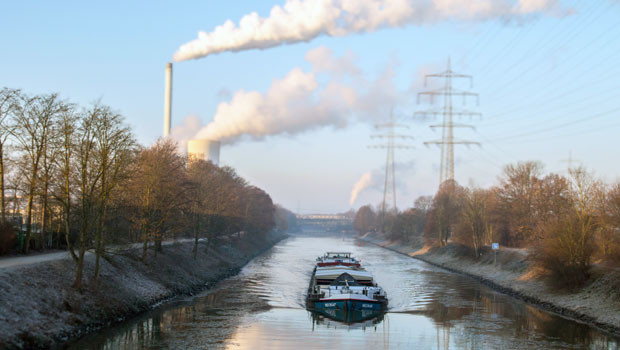
Source: Sharecast
According to provisional data from Destatis, the Federal Statistical Office, production slid by a surprise 2.4%, to the lowest level since the May 2020. It also reversed November’s downwardly revised 1.3% increase.
Analysts had been expecting a far more modest 0.6% decline.
Year-on-year, industrial production fell 3.1%, adding to November’s 2.8% fall.
For the year as a whole, industrial production was 4.5% lower, Destatis said.
The sector was dragged lower by a weak performance in the car industry, which saw a 10% slump in production in December. The sector, which includes Volkswagen, BMW and Mercedes-Benz Group, is one of Germany’s biggest.
Other underperforming sectors included machine maintenance and assembly, which saw production tumble 10.5%.
In contrast, production in the pharmaceutical industry soared 11.6%.
Destatis also published trade figures on Friday, which showed exports grew by 2.9% in December and imports by 2.1%.
The foreign trade balance for December was €20.7bn, and €241.2bn for the year.
Carsten Brzeski, global head of macro at ING, said: "While the catch-up in exports points to some frontloading ahead of looming tariffs, the renewed weakening of industrial production confirms the structural weakness.
"[Today’s data are] yet another in a series of disappointing industrial figures over the past two years.
"Besides some rather technical rebounds, a substantial recovery of German industry is not in sight yet. Inventories have continued to increase, instead of turning, and have now been at elevated levels for more than a year.
"At the same time, order books have started to bottom out - but…they are not filled enough to kick-start a much-needed turn in the inventory cycle.
"Add to this looming tariffs on the EU, and the outlook for Germany industry remains anything but rosy."